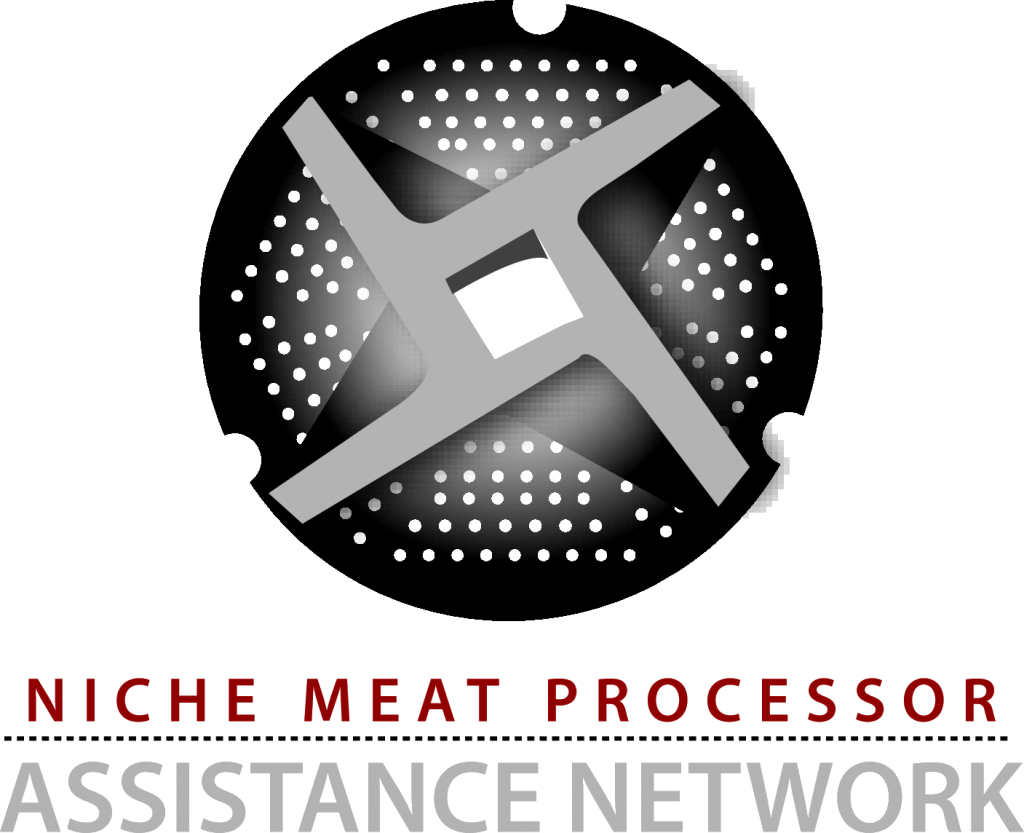- Updated: September 29, 2023
- Mobile/Modular
A Niche Meat Processor Assistance Network webinar Date: February 25, 2016 Duration: one hour Overview: Small-scale poultry producers are well aware that finding USDA-inspected processing is a big challenge. Very few inspected poultry plants do fee-for-service processing, far fewer than for red meat, largely because it is hard to be profitable. David Schafer, owner and founder […]


